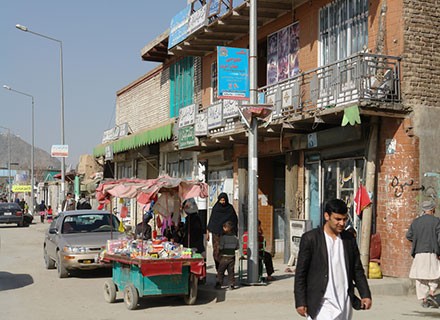The International Monetary Fund (IMF) announced that it has suspended Afghanistan’s access to IMF resources, including $440 million in new monetary reserves due to the lack of clarity over the country’s government after the Taliban seized control of Kabul.
This decision also comes during a time when the IMF is pressurised by the US treasury which holds a controlling share in the Fund, to ensure that Afghanistan’s share of a Special Drawing Rights reserves allocation scheduled for Monday does not fall into the Taliban hands.
An IMF spokesperson said in an emailed statement, “There is currently a lack of clarity within the international community regarding recognition of a government in Afghanistan, as a consequence of which the country cannot access SDRs or other IMF resources. As is always the case, the IMF is guided by the views of the international community.”
Access to IMF’s reserves in Special Drawing Rights (SDRs) assets which can be converted to government-backed money have also been blocked. SDRs are the IMF’s unit of exchange based on sterling, dollars, euros, yen and yuan.
The official Biden administration told the media that any central bank assets the Afghan government has in the US will not be made available to the Taliban. Earlier in this announcement, the head of Afghanistan’s central bank said the US had access to assets and around $7 billion of it are held at a US federal reserve.
Ajmal Ahmady, who fled the country at the weekend, tweeted that Da Afghanistan Bank’s total reserves were approximately $9 billion as of last week and as per international standards, most of it was held in safe, liquid assets such as US Treasury bonds and gold offshore.
In June, the IMF gave Afghanistan its latest loan instalment which was approved in November and in the same month, the UN published a report which stated that the main sources of Taliban financing are criminal activities like drug trafficking, opium poppy production, extortion, kidnapping for ransom, mineral exploitation and revenues from tax collection in areas under Taliban control or influence.

